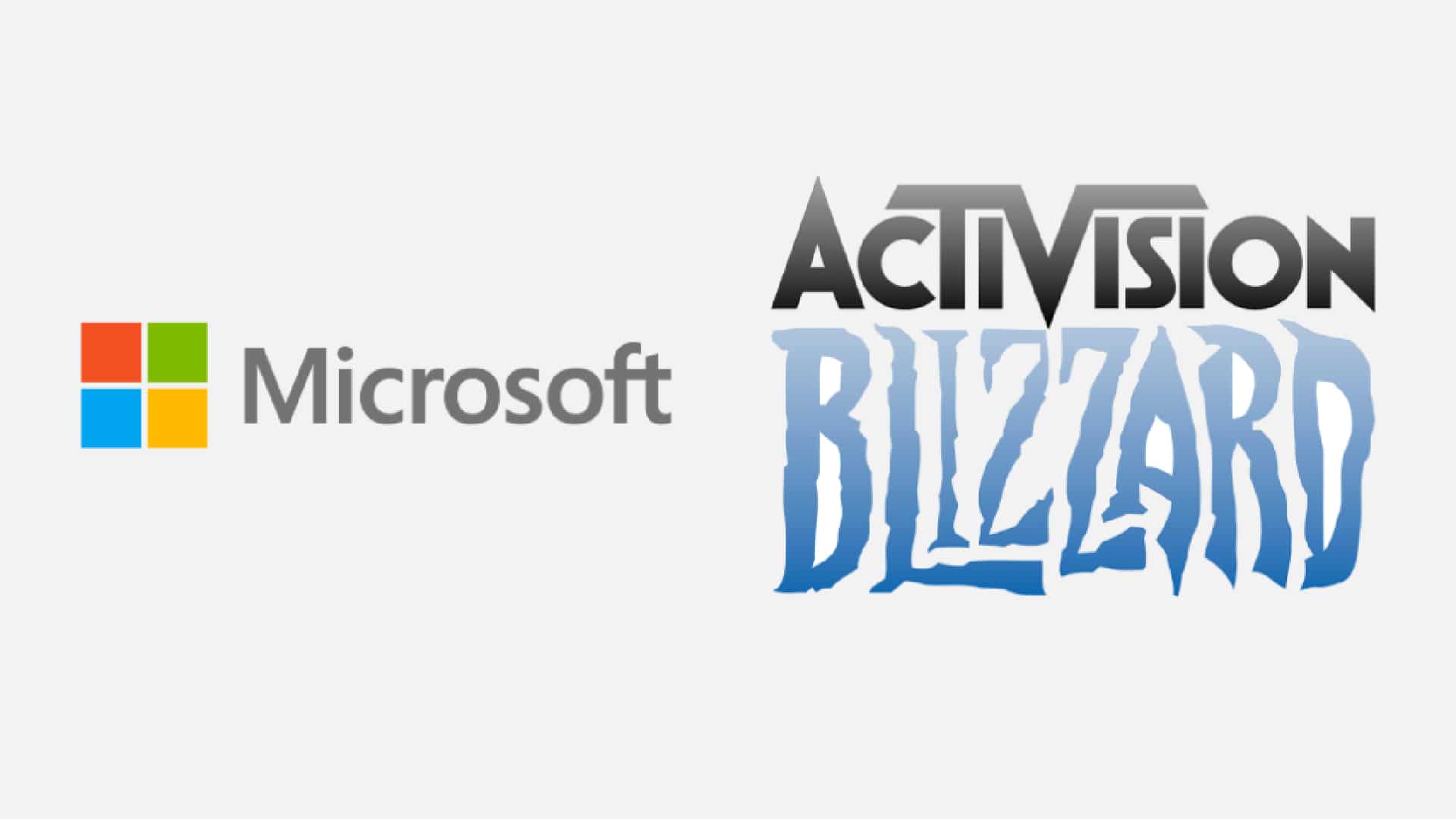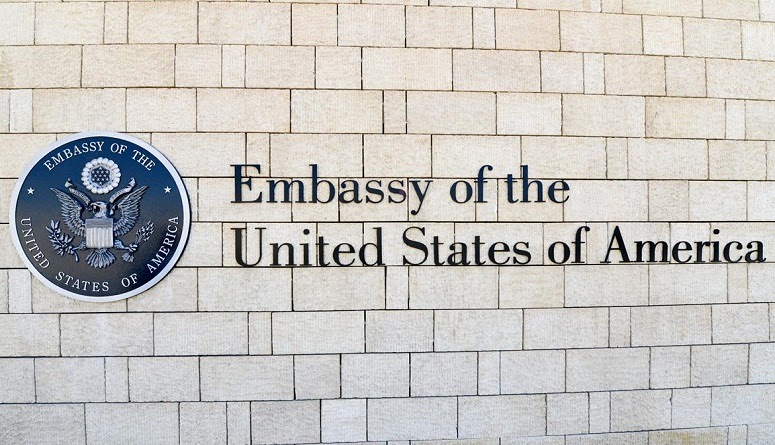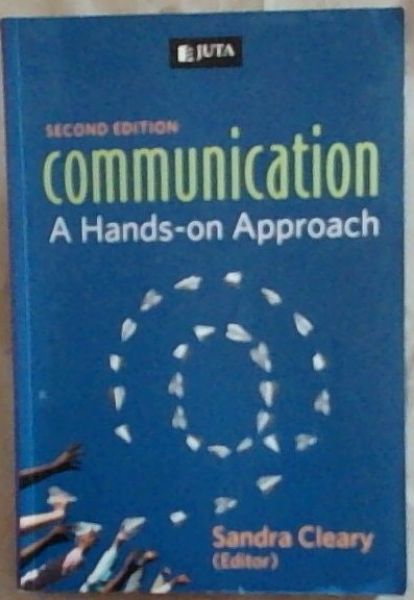FTC's Appeal Against Microsoft-Activision Merger: A Deep Dive

Table of Contents
The FTC's Core Arguments Against the Merger
The FTC's primary concern revolves around the potential for anti-competitive practices stemming from the merger. They argue that Microsoft's acquisition of Activision Blizzard would give them an unfair advantage, stifling competition and ultimately harming consumers.
- Domination of the gaming console market: The FTC argues that the merger would significantly increase Microsoft's market share, potentially leading to a near-monopoly in the console market and giving them undue influence over game development and distribution.
- Reduced competition, leading to higher prices for gamers: By eliminating a major competitor, the FTC believes the merger could lead to reduced competition, resulting in higher prices for games, subscriptions, and gaming hardware.
- Exclusion of rival game developers and publishers: The acquisition could potentially allow Microsoft to exclude rival developers and publishers from accessing key platforms and distribution channels, hindering their ability to compete effectively.
- Potential harm to future innovation within the gaming industry: The FTC suggests that a lack of competition could stifle innovation, leading to a less dynamic and less responsive gaming market.
- Specific examples of how the merger could stifle competition: The most frequently cited example is the potential for Call of Duty exclusivity. Making Call of Duty an Xbox exclusive title would severely limit its availability on competing platforms like PlayStation, giving Microsoft a significant competitive edge and potentially harming PlayStation users.
Focus on the FTC's claim of potential harm to consumers
The FTC's central argument rests on the assertion that the merger will ultimately harm consumers. They predict significant price increases for popular game titles, particularly those within the Activision Blizzard portfolio. Furthermore, they foresee a reduction in consumer choice due to exclusive titles being made available only on Xbox platforms. This could force gamers to switch consoles or miss out on playing highly anticipated titles, significantly diminishing consumer freedom.
Microsoft's Defense Strategies
Microsoft counters the FTC's arguments by asserting that the merger will ultimately benefit consumers. They emphasize their commitment to fair competition and have offered various solutions to address the FTC's concerns.
- Arguments that the merger will benefit consumers: Microsoft argues that the acquisition will lead to wider game availability across various platforms, potentially even resulting in price reductions for some titles. They point to their commitment to bringing Activision Blizzard games to various platforms, including Nintendo Switch, as evidence.
- Highlighting Microsoft's commitment to fair competition: Microsoft has stressed its commitment to maintaining a fair and competitive gaming market, arguing that their actions will benefit consumers in the long run.
- Addressing the FTC's concerns regarding Call of Duty exclusivity: Microsoft has publicly committed to keeping Call of Duty on PlayStation for at least the next decade, attempting to mitigate the FTC's concerns about exclusive titles.
- Mentioning proposed remedies offered by Microsoft to address FTC concerns: Microsoft has proactively offered several remedies, including licensing agreements and other concessions, to attempt to alleviate the FTC's antitrust concerns.
Microsoft's commitment to cross-platform availability
Central to Microsoft's defense is its unwavering commitment to maintaining cross-platform availability for Activision Blizzard titles. They have entered into agreements with competitors to ensure that popular games remain playable on various consoles and gaming platforms, demonstrating their willingness to address the FTC's concerns regarding exclusivity.
Potential Outcomes and Implications
The appeal's outcome remains uncertain, with several potential scenarios:
- The FTC winning the appeal and blocking the merger: This outcome would represent a significant victory for regulators seeking to curb the growing power of tech giants and protect competition within the gaming industry.
- Microsoft winning the appeal and completing the acquisition: This would allow Microsoft to proceed with the merger, potentially reshaping the gaming landscape and leading to the changes predicted by both sides.
- A negotiated settlement between the FTC and Microsoft: This scenario involves both parties reaching a compromise, potentially involving Microsoft making further concessions to address the FTC's concerns.
- The broader implications for future mergers and acquisitions in the tech industry: The outcome will set a precedent for future mergers and acquisitions in the tech sector, influencing how regulators approach similar deals in the future.
The impact on the future of gaming
The long-term effects of this case will be far-reaching. A blocked merger could lead to increased competition and potentially lower prices, fostering innovation. Conversely, a successful merger could lead to reduced competition, potentially impacting game prices, innovation, and the availability of titles across various platforms. The future of gaming hinges on the outcome of the FTC's appeal against the Microsoft-Activision merger.
The Role of International Regulatory Bodies
The FTC's appeal is not isolated to the US. Regulatory bodies in other major markets, such as the European Union and the UK, have also reviewed the merger.
- Mention the regulatory approval processes in other major markets (EU, UK, etc.): These regulatory bodies have their own processes and considerations, leading to varying outcomes.
- Highlight any differences in regulatory approaches: Different jurisdictions may have different perspectives on the competitive implications of the merger, leading to potential inconsistencies in regulatory decisions.
- Discuss the potential for conflicting decisions across jurisdictions: Conflicting decisions across jurisdictions could create complexities for Microsoft and raise challenges for international business operations.
Conclusion
The FTC's appeal against the Microsoft-Activision merger is a pivotal moment for the gaming industry. The outcome will significantly impact competition, consumer choice, and the future of gaming. Understanding the complexities of the FTC’s appeal against Microsoft-Activision merger, including the arguments presented by both sides and the potential consequences, is crucial for anyone following the tech and gaming sectors. Stay informed about further developments in this ongoing legal battle by continuing to research the FTC's appeal against Microsoft-Activision merger and its implications for the future of gaming. Keep an eye on updates regarding the FTC's appeal against the Microsoft-Activision merger to understand how this landmark case shapes the industry's future.

Featured Posts
-
 Regalo Inusual De Uruguay A China Claves Para El Exito Exportador Ganadero
May 12, 2025
Regalo Inusual De Uruguay A China Claves Para El Exito Exportador Ganadero
May 12, 2025 -
 India Pakistan Conflict Five Indian Soldiers Killed Despite Truce
May 12, 2025
India Pakistan Conflict Five Indian Soldiers Killed Despite Truce
May 12, 2025 -
 Indy 500 2024 Sato Secures 34th Spot In The Race
May 12, 2025
Indy 500 2024 Sato Secures 34th Spot In The Race
May 12, 2025 -
 Bare Knuckle Fighting Mc Gregors Jose Aldo Moment Revived
May 12, 2025
Bare Knuckle Fighting Mc Gregors Jose Aldo Moment Revived
May 12, 2025 -
 Cecily Strong And Colin Josts Surprise Snl Cameo Cold Open Highlights
May 12, 2025
Cecily Strong And Colin Josts Surprise Snl Cameo Cold Open Highlights
May 12, 2025
Latest Posts
-
 Life Cycle Education The Role Of Campus Farm Animals
May 13, 2025
Life Cycle Education The Role Of Campus Farm Animals
May 13, 2025 -
 Duke Vs Oregon Ncaa Tournament Live Updates And How To Watch
May 13, 2025
Duke Vs Oregon Ncaa Tournament Live Updates And How To Watch
May 13, 2025 -
 Campus Farm Animals A Hands On Approach To Learning Life Cycles
May 13, 2025
Campus Farm Animals A Hands On Approach To Learning Life Cycles
May 13, 2025 -
 New Taverna In Portola Valley Your Destination For Greek Food
May 13, 2025
New Taverna In Portola Valley Your Destination For Greek Food
May 13, 2025 -
 Undrafted Rookie Deja Kellys Game Winning Shot Highlights Aces Preseason
May 13, 2025
Undrafted Rookie Deja Kellys Game Winning Shot Highlights Aces Preseason
May 13, 2025
